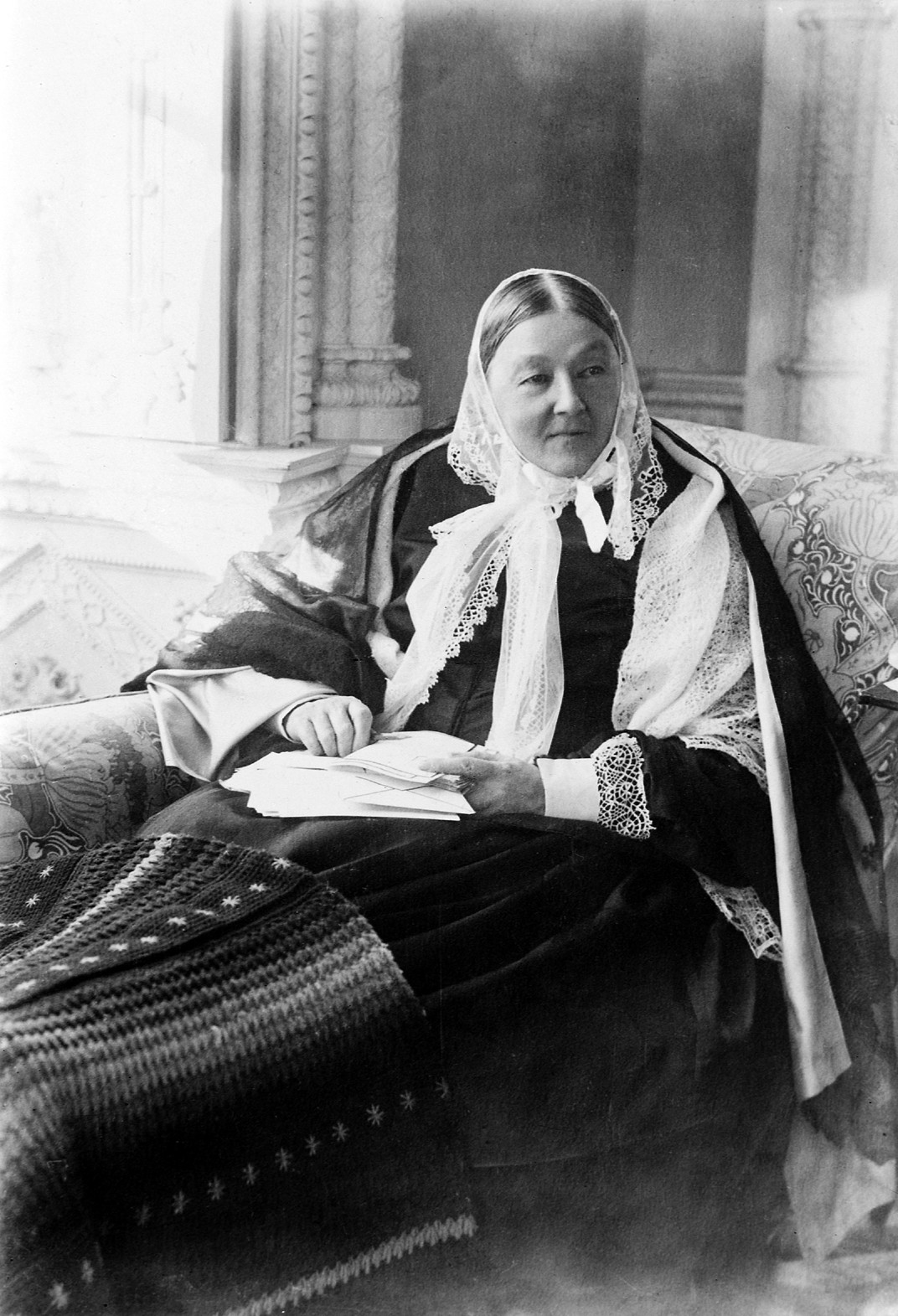
Caption: A history of nursing; the evolution of nursing systems from the earliest times to the foundation of the first English and American training schools for nurses, Nutting, M. Adelaide, 1912, Mugar Memorial Library, Feb 2025
The idea of nursing as a profession has evolved over time, with its roots tracing back through history. Today, nurses are widely respected for the vital role they play in maintaining the stability of healthcare systems worldwide, often serving as the backbone of hospitals and clinics. The concept of nursing began to take shape around 300 AD, when the Roman Empire built hospitals and recognized the need for medical professionals to assist doctors in caring for the sick. As Europe faced ongoing conflicts and societal changes, the role of nurses adapted to meet these challenges. While nursing faced various struggles throughout history, particularly in Europe with shifting political and social landscapes, its importance only grew, ultimately shaping the essential profession we rely on today.
Before Florence Nightingale's pioneering work in the mid-19th century, nursing in America was quite different. The role of nurses was largely informal, often carried out by women within families or religious communities. Nursing was not seen as a professional career, and those who provided care were often untrained and had little to no formal education in healthcare. During the early colonial period, some hospitals were established, but they were basic, and the concept of trained nursing staff was not yet widespread.
Florence Nightingale was born in 1820 in Florence, Italy, to wealthy English parents. From a young age, she was expected to follow the traditional path set out for women of her social standing—marriage and managing a household. However, Florence had other plans. She felt a deep calling from God to help others and alleviate suffering, which was a passion that would define the rest of her life. Despite her parents' strong objections—who believed that nursing was "unsuitable" for a woman of her status—Florence was determined to pursue her path. Her parents were initially adamant about her future, but they eventually relented and allowed her to follow her calling. Florence began her nursing education in Kaiserwerth, Germany, in 1851, where she received basic training. During this time, she had to keep her studies a secret from her parents, who would not have approved of her pursuing a career in nursing. She made the most of the limited time she had, learning as much as possible, and developing the foundational skills that would set her apart in the field of healthcare.
By 1853, Florence was able to step away from her restrictive home life and embrace her newfound sense of purpose. Proud of her education and the skills she had acquired, she took on an unpaid position at a nursing home for gentlewomen. This role was just the beginning of what would become a lifelong journey of improving healthcare practices

Caption: Abbott, Maude E, Florence Nightingale as seen in her portraits : with a sketch of her life, and an account of her relation to the origin of the Red Cross Society, 1916, Accessed February 2025
The Crimean War which occurred from 1853 to 1856, in which it was a significant conflict involving Russia against the alliance formed among the Ottoman Empire, France and Sardinia. The war was primarily fought on the Crimean Peninsula, with the allies mentioned trying to prevent Russia from exploring into the many territories under the Ottoman control. The conflict came upon when disputes were being made over the rights of Chriristan Minorities In the Holy land and Russia's desire to expand in that region. As a result, the war ended with the Treaty Of Paris in 1856.

Caption: Men of 72 Highlanders who served in the Crimea: William Noble, Alexander Davison and John Harper, 1854, Accessed February 2025
Florence Nightingale's most renowned contribution occurred during the Crimean War (1853-1856), where she was able to lead a team of 38 Nurses to care for British soldiers wounded in the conflict. When she arrived at the military hospital in Scutari, Turkey, she was scared of all the dire conditions needed–from the hygiene, insufficient medical supplies and the infections. She and Her team were set to work, where they started to clean the hospital, implementing hand washing protocols and organizing the care of the wounded. Her efforts reduced the death rate among soldiers and laid what we now called modern nursing practices.
Her work not only saved lives but also created a foundation for healthcare practices, with the importance of sanitation and care

Caption: Portrait of Florence Nightingale, seated, in old age, accessed February 2025